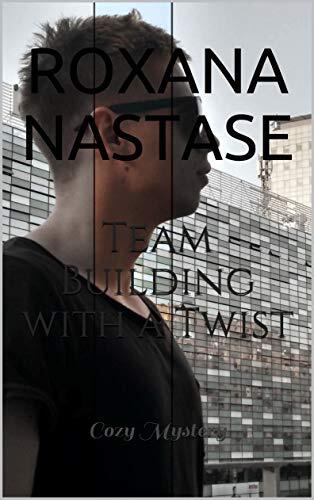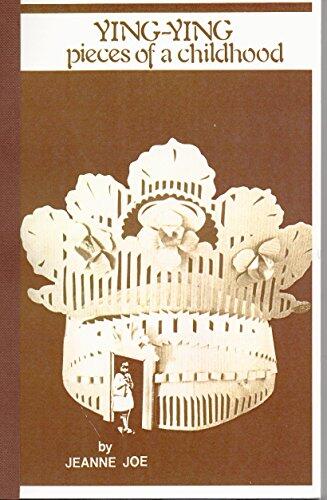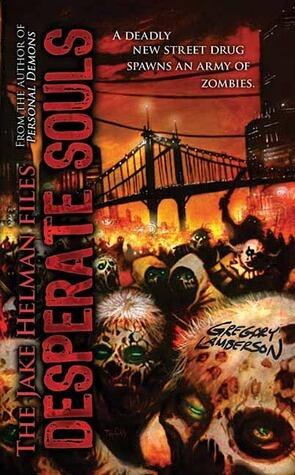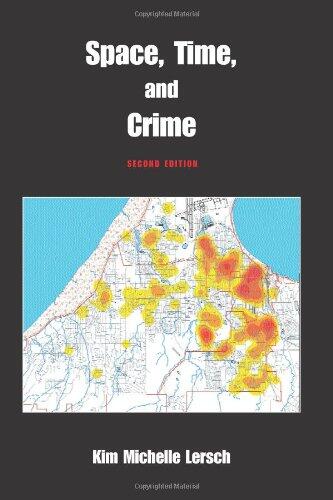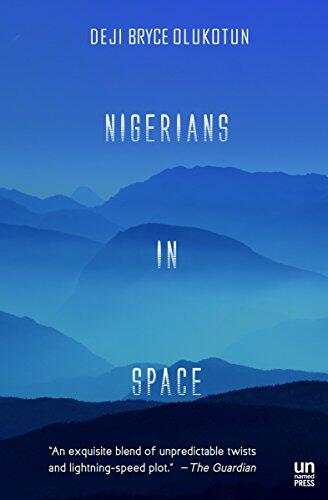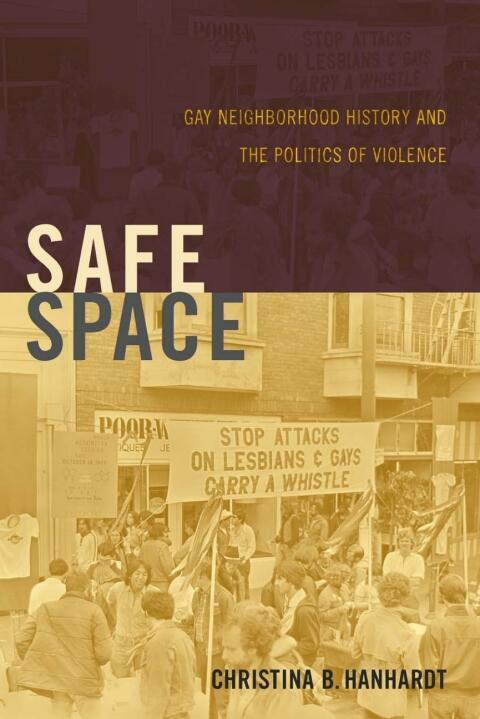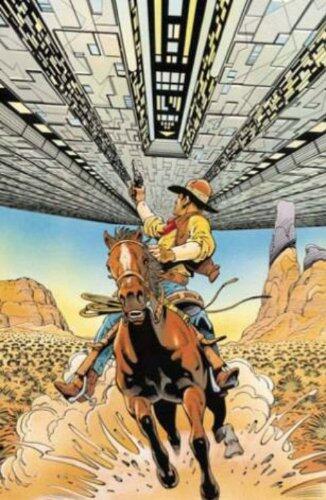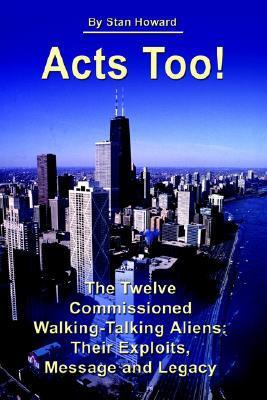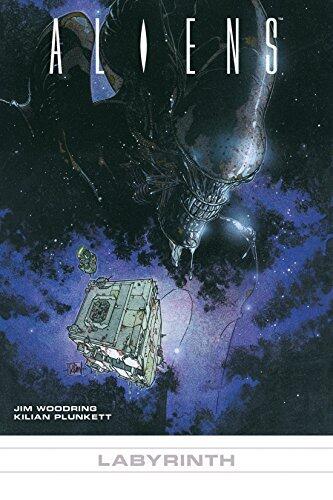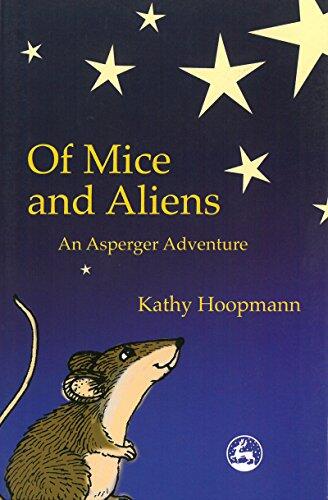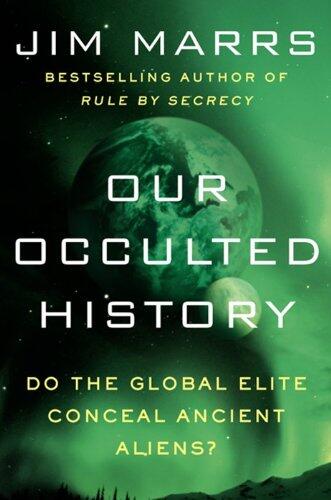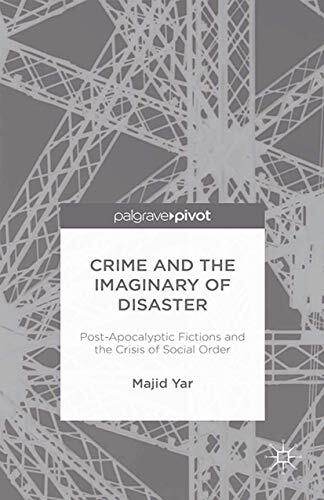
Crime and the Imaginary of Disaster: Post-Apocalyptic Fictions and the Crisis of Social Order
door
M. Yar
Nog geen beoordelingen
Mystery
Dystopian
Religion & Spirituality
Formaat
Paperback
Pagina's
128
Taal
Engels
Gepubliceerd
Jan 1, 2015
Uitgever
Palgrave Pivot
Editie
1st ed. 2015
ISBN-10
1349506141
ISBN-13
9781349506149
Beschrijving
In a world increasingly preoccupied with the specter of disaster, an exploration into post-apocalyptic fictions reveals much about contemporary anxieties surrounding social order. The author delves into how these narratives reflect societal fears and aspirations, examining the intersection of crime and the imagined aftermath of catastrophe. Through various compelling examples, themes of survival, morality, and the fragility of civilization are dissected.
As communities are envisioned in the wake of collapse, the novel landscapes are littered with both human ambition and moral ambiguity. The narrative asserts that crime, far from being an aberration in these tales, is often woven into the very fabric of societal reconfigurations. It challenges readers to consider how interpersonal dynamics shift when civilization crumbles, provoking thoughts about justice, order, and the human condition under duress.
The author also interrogates the role of literature in shaping our understanding of crises. By tracing the evolution of post-apocalyptic storytelling, they highlight how narratives influence collective consciousness, guiding expectations and fears about looming disasters. With each perspective examined, a greater comprehension of the social structures both maintained and dismantled in these fictional worlds emerges.
Ultimately, this study invites a critical reflection on how imaginary disasters serve as a canvas for broader societal commentaries. As individuals confront the complexities of modern life, these tales of ruin resonate deeply, prompting essential questions about morality, human nature, and the very foundations of social order in the face of overwhelming challenges.
As communities are envisioned in the wake of collapse, the novel landscapes are littered with both human ambition and moral ambiguity. The narrative asserts that crime, far from being an aberration in these tales, is often woven into the very fabric of societal reconfigurations. It challenges readers to consider how interpersonal dynamics shift when civilization crumbles, provoking thoughts about justice, order, and the human condition under duress.
The author also interrogates the role of literature in shaping our understanding of crises. By tracing the evolution of post-apocalyptic storytelling, they highlight how narratives influence collective consciousness, guiding expectations and fears about looming disasters. With each perspective examined, a greater comprehension of the social structures both maintained and dismantled in these fictional worlds emerges.
Ultimately, this study invites a critical reflection on how imaginary disasters serve as a canvas for broader societal commentaries. As individuals confront the complexities of modern life, these tales of ruin resonate deeply, prompting essential questions about morality, human nature, and the very foundations of social order in the face of overwhelming challenges.
Recensies
Nog geen beoordelingen
Wees de eerste om dit boek te recenseren en deel je gedachten
Voeg Eerste Recensie ToeLeeslogboek
Geen leeslogboeken gevonden
Begin met het volgen van je leesvoortgang om logboeken hier te zien
Voeg je eerste leeslogboek toeNotities
Geen notities gevonden
Begin met het toevoegen van notities om ze hier te zien
Voeg je eerste notitie toeTransactielogboek
Geen transactielogboeken gevonden
Begin met het volgen van je boektransacties om logboeken hier te zien
Voeg je eerste transactielogboek toe